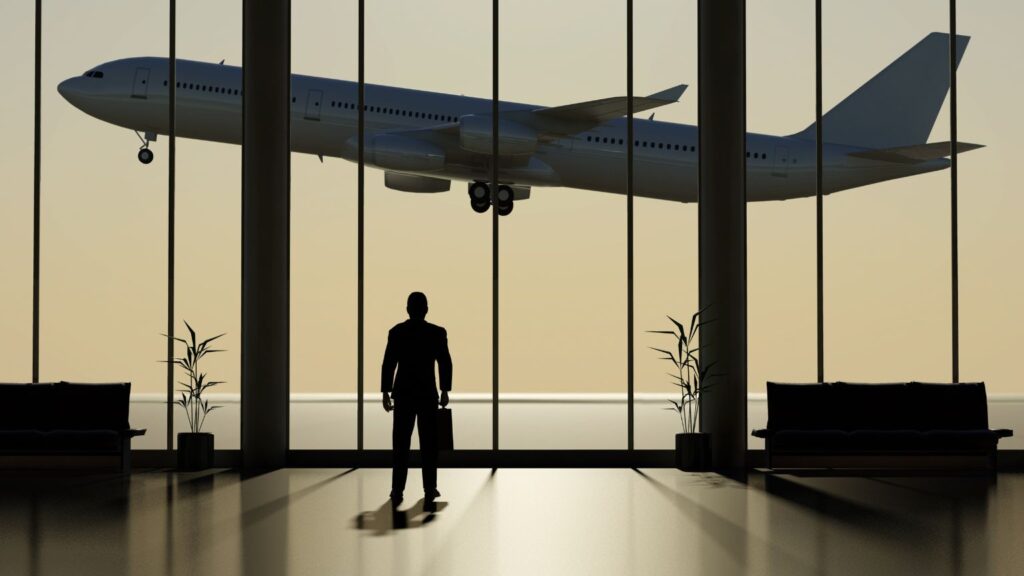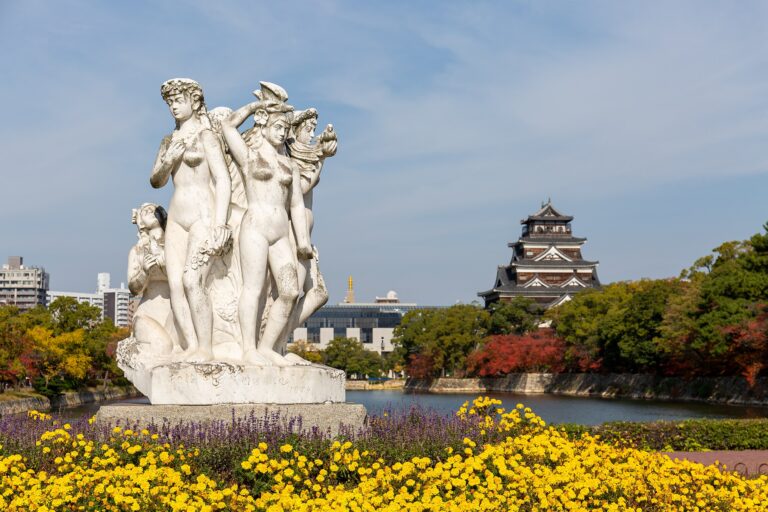High Status, Bad Behavior The O’Hare Incident Shaking Flyer Etiquette

An ugly scene in Chicago has travelers talking about etiquette, enforcement, and the power of elite status. A visibly drunk customer of American Airlines who holds Concierge Key, the invite only level above Executive Platinum, caused a disturbance in the airline’s Flagship Lounge at O’Hare. Witnesses say he demanded a television channel change, hurled homophobic insults at other guests, and tried to intimidate employees. For a time the staff did not remove him, reportedly because of his very important status. The episode has sparked a wider conversation about what lounges owe to all customers when one person crosses the line.
What Witnesses Say Happened
The incident took place on a Sunday while the Chicago Cubs were playing the Pittsburgh Pirates. Several guests were watching the game when the man walked in and insisted the lounge switch the televisions to golf. Staff sided with the majority and kept the game on. The passenger then grabbed a remote from an employee, snapped photos of name badges, and continued to taunt nearby travelers. Reported behavior included a beer cap tossed at the group and a string of slurs directed at another guest. One traveler asked that he be removed from the lounge. A front desk agent allegedly replied that the man was Concierge Key and therefore very important. Only after a second elite member pressed the issue did a manager step in and restore calm.
What Is Concierge Key and Why It Matters Here
Concierge Key is American’s invitation only tier for the airline’s most valuable customers. The perk list is real. Dedicated help during disruptions, priority that sits above Executive Platinum, and easy access to premium lounges when flying on qualifying tickets. None of that confers a right to mistreat employees or other guests. Airline lounges publish codes of conduct and reserve the right to stop alcohol service, ask a guest to leave, or call airport police when behavior becomes threatening. In other words, elite status is not a free pass.
Why This Is Bigger Than a Lounge Dispute
A drunk and combative passenger on the ground can become a safety problem in the air. Federal rules are clear. Airlines must not allow anyone who appears intoxicated to board. Carriers also have broad authority in their contracts to deny boarding or remove a customer who is disruptive or threatening. Lounges sit at the front end of that safety chain. When staff see severe intoxication or harassment, the best practice is to cut off alcohol, document the behavior, and escalate to a supervisor or station leadership. That helps protect crew and customers later at the gate.
How the Game Became a Flashpoint
The television argument sounds trivial until you add alcohol and a crowd. The lounge was showing the Cubs game, which took place on Sunday, August 17. Baseball fans wanted to keep the broadcast. The arriving passenger wanted golf. Staff chose the game, which is the right call when most people are already watching one event. Every lounge should have simple rules for shared areas like televisions and a clear escalation path when someone tries to bully employees. This is not only about courtesy. It is about keeping a public space calm enough that everyone can travel in peace.
Could Status Be Revoked
Airlines do not publish a step by step playbook for stripping elite status, but they can and do act when behavior crosses lines. Threatening staff, harassing other guests, or ignoring instructions can lead to anything from a written warning to a formal ban. In some cases the airline also notifies airport police. If an incident is tied to alcohol, carriers may document it in case there is a later issue at the gate. None of this is quick or simple. It does send a message that status is a privilege that depends on conduct.
What Travelers Can Learn From This
If you witness similar behavior in a lounge, do three things. First, move yourself or your group away from the conflict and alert staff. Second, keep your phone handy but do not escalate the scene. Third, if an employee seems reluctant to act, ask calmly for a supervisor. Most lounges have managers on duty with authority to remove guests or call airport security. If the situation makes you feel unsafe, leave the area and notify the nearest uniformed employee, then document the time and place for a follow up note to the airline.
A Quick Reminder on Lounge Etiquette
Shared spaces work when everyone follows a few simple norms. Keep voices low. Treat staff with respect. Ask before changing a television when others are watching. Avoid drinking to the point where judgment slips. If a fellow guest is out of line, let staff handle it. Lounges exist to make travel less stressful. None of us wants to start a flight after sitting next to a shouting match.
Bottom Line
The O’Hare incident is a cautionary tale. A customer with sky high status reportedly bullied staff and guests, and for a moment that status seemed to shield him. It should not. Airlines have printed rules, and safety obligations outrank loyalty perks every time. Most elite members are gracious travelers who set a good tone. When one is not, clear policies and firm escalation are what protect the rest of us.
This article was written by Will and edited with AI assistance.






